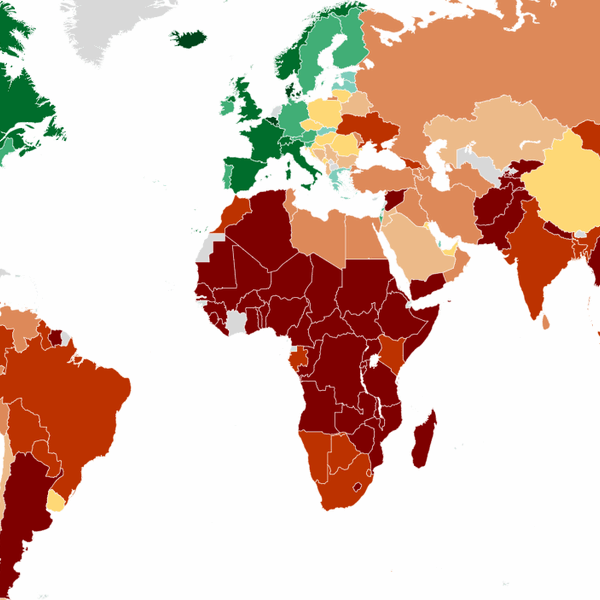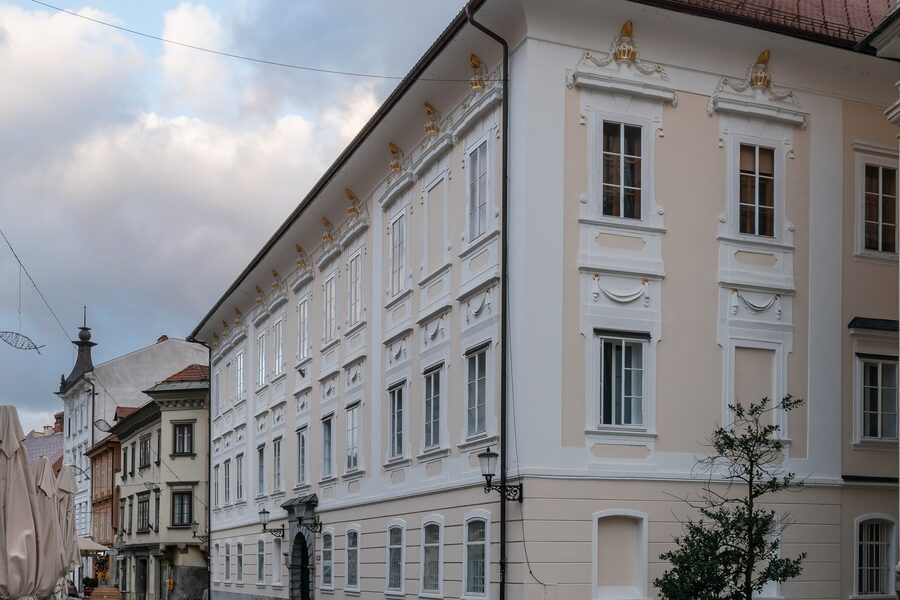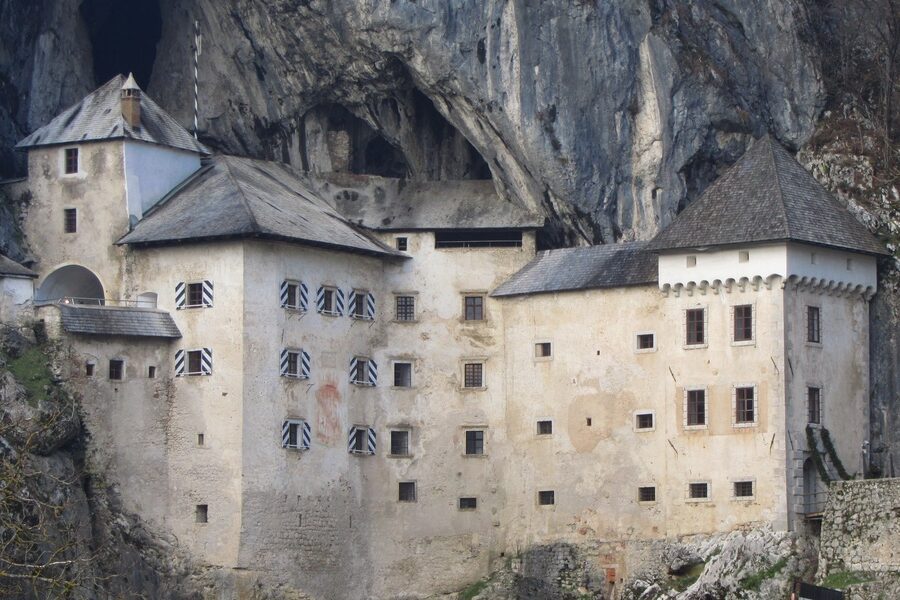On June 25, 1991, Slovenia declared independence from Yugoslavia; within a generation the country joined the European Union on May 1, 2004, and transformed into one of Europe’s most livable small states. The benefits of living in Slovenia are many and concentrated: a population of about 2.1 million shares a landscape that’s roughly 58% forested, creating a rare mix of strong public services, abundant green space, and easy access to the rest of Europe. Why should you consider a move or at least learn more? Slovenia’s compact size produces short commutes, high-quality healthcare and education, competitive job opportunities in export-oriented industries, and a safe, culturally rich daily life. Below are ten specific advantages grouped into four practical areas: economic and professional benefits, quality of life and environment, social services and healthcare, and culture, safety and location. Read on for concrete examples—companies, numbers, and travel times—that show how small scale delivers outsized advantages for families, professionals, and retirees.
Economic and Professional Benefits of Living in Slovenia
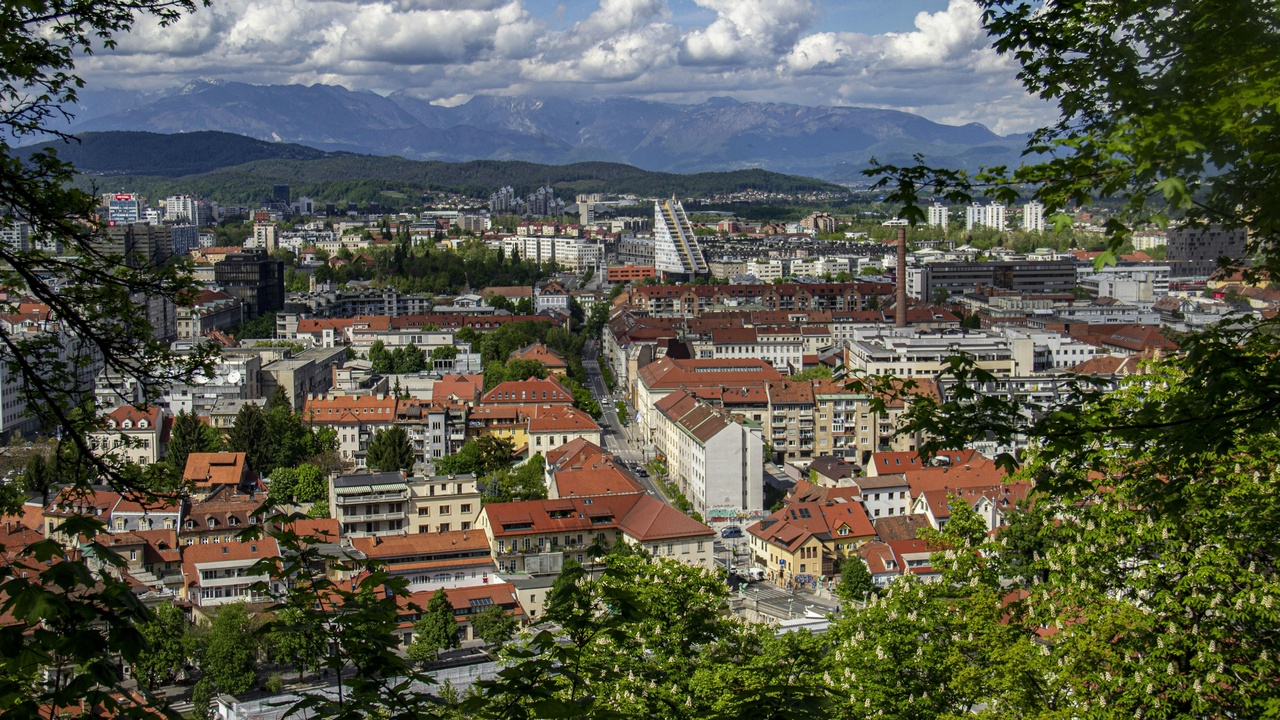
Slovenia’s EU membership (since May 1, 2004) gives firms and workers direct access to the single market, and that access underpins a modern, export-focused economy. Several high-value domestic companies—Krka and Lek in pharmaceuticals, Pipistrel in light aircraft, and the energy firm Petrol—anchor clusters of engineering, R&D, and manufacturing know-how. A well-educated workforce, competitive corporate tax provisions for small firms, and an improving business services sector mean professionals can find meaningful roles without relocating to a megacity. For entrepreneurs and remote workers, the country offers reliable infrastructure, attractive residency pathways, and growing startup support, so building or scaling a business from Ljubljana or Maribor is increasingly practical.
1. Easy access to EU markets and networks
Because Slovenia joined the EU in 2004, residents and businesses enjoy straightforward access to the single market and freedom of movement for work and services. That translates into low-friction trade with Germany, Italy and other EU partners and easier hiring across borders. Slovenian exporters like Krka send pharmaceuticals across Europe, while consultants based in Ljubljana regularly contract with clients in several EU capitals. For export figures and trade balances, Eurostat and European Commission reports provide clear, up-to-date data that show how EU membership benefits small exporters.
2. Competitive wages and strong small-business scene
Average gross monthly wages in Slovenia are competitive for Central Europe, with the Statistical Office of the Republic of Slovenia reporting figures around €2,000–€2,200 depending on the year and sector. Outside Ljubljana the cost of living remains moderate, which stretches take-home pay further. High-value sectors such as IT, engineering and pharmaceuticals hire well-paid specialists—Krka and Lek regularly recruit engineers and researchers—while a dense network of small and medium enterprises creates opportunity for entrepreneurs and service providers.
3. Strong infrastructure for remote work and startups
Slovenia offers reliable broadband and mobile coverage, with national average fixed broadband speeds commonly reported at over 100 Mbps. Coworking hubs in Ljubljana and Maribor provide community and meeting space, and national startup accelerators plus EU innovation funds support scaling companies. Remote workers often choose scenic bases—Bled or Piran—and keep client relationships across Europe without interruption. Practical supports include fast mobile networks, local grant programs, and incubators that help turn early ideas into viable businesses.
Quality of Life and Environment
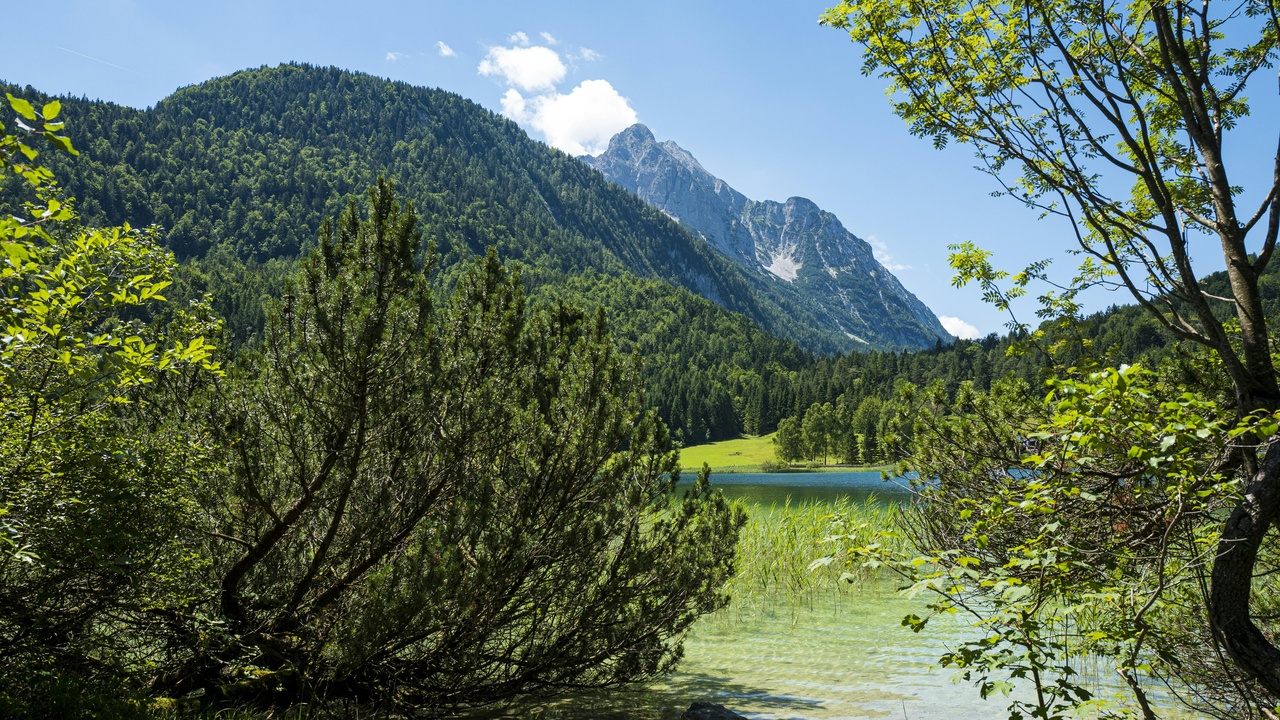
The benefits of living in Slovenia show up most clearly in everyday life: roughly 58% forest cover, a population of about 2.1 million, and a life expectancy near 81 years combine to give residents frequent access to clean air, green space, and outdoor recreation. Short distances mean mountains, coast and cities are all within easy reach, so families and outdoor enthusiasts can fit hiking, skiing or a beach day into a weekend without long travel. Compact urban areas keep commute times low, and local planning often prioritizes bike lanes, pedestrian zones and parks, which improves daily well-being across age groups.
4. Easy access to nature and outdoor recreation
Most residents live within 1–2 hours of major natural attractions. Ljubljana is about 55 km from Lake Bled (roughly an hour by car), and Triglav National Park offers hiking and alpine routes a short drive away. Karst features such as Postojna Cave and the Škocjan Caves draw visitors and are within easy weekend reach; the latter are part of a globally recognized heritage network (UNESCO). For families, the payoff is practical: day trips, after-work runs, winter skiing and summer water sports are all realistic without long, exhausting travel.
5. Clean environment and environmental policy
Conservation and sustainable practices are baked into Slovenian policy and municipal planning. With forest cover near 58% and a significant share of land in protected status, the country reports strong recycling and waste-diversion efforts (see Eurostat or the national environment agency for exact rates). Cities invest in bike lanes and public transport, and many towns maintain pocket parks and riverfront promenades. The result is cleaner air in urban areas and a visible commitment to preserving natural assets for residents and visitors alike.
6. Compact cities and short commutes
Slovenian cities tend to be walkable and compact, which keeps average commutes short and daily life simpler. Ljubljana proper has roughly 295,000 residents in the metro area, and many commutes are handled by bike, tram, or efficient regional rail. Shorter travel times mean more time for family, leisure and community activities, and regional connections—by rail and road—to Maribor, Koper and coastal towns are practical for regular trips.
Social Services and Healthcare
Slovenia combines a universal health system with quality education and family supports, which together form a robust social safety net. Life expectancy sits close to 81 years, reflecting broad access to preventive and specialist care. Public education is free through secondary school, and higher education includes respected institutions such as the University of Ljubljana. These services make daily life predictable and manageable for families, and they anchor long-term planning for careers and retirement.
7. Universal healthcare and good health outcomes
Slovenia operates a national health insurance system that provides universal coverage for residents. Life expectancy near 81 years and broad vaccination programs reflect effective public health measures. Major facilities such as the Ljubljana University Medical Centre handle complex care and referrals, while local primary-care clinics make routine appointments and preventive care affordable and accessible for most people.
8. Quality education and family supports
Public education is free and compulsory through the secondary level, and the University of Ljubljana is the country’s flagship higher-education institution. Municipalities and private providers offer bilingual and international school options in Ljubljana for expat families. Slovenia also provides paid parental leave—up to 12 months in many arrangements that can be shared between parents—and child benefits and childcare subsidies that reduce out-of-pocket costs for young families. Check ministry and Eurostat data for precise eligibility and benefit levels.
Culture, Safety, and Strategic Location
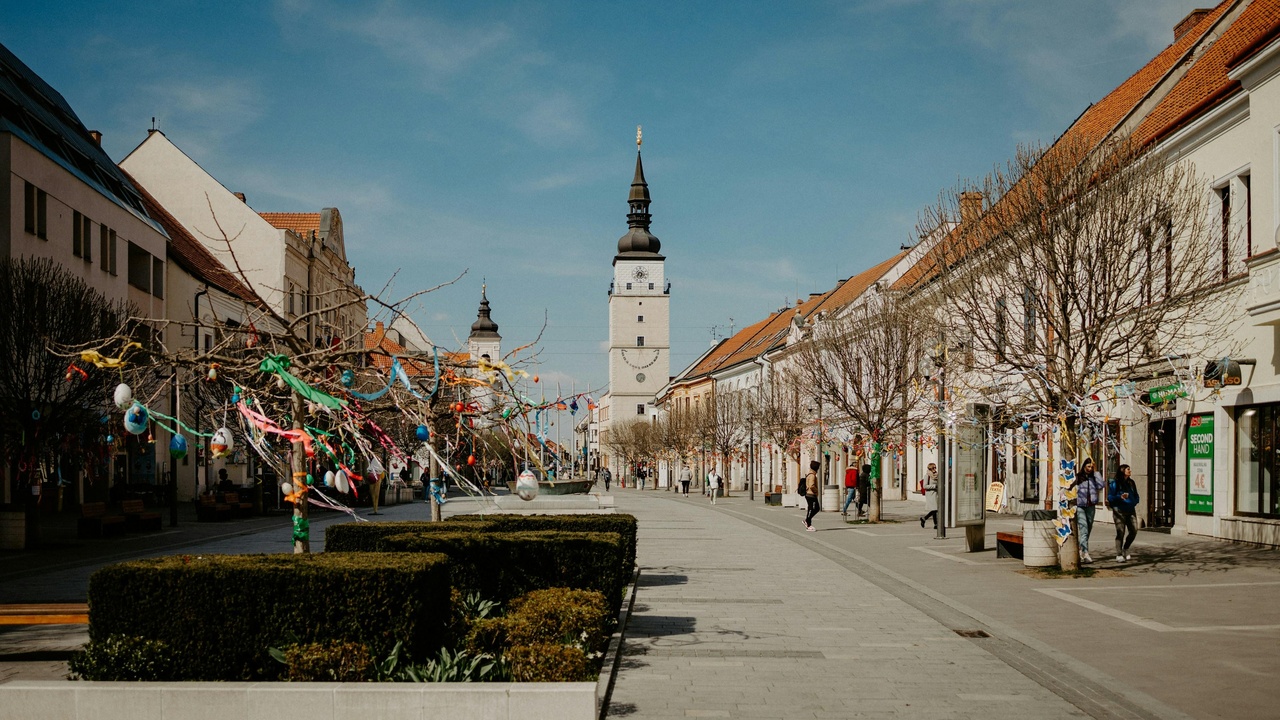
Culture, safety and geography amplify Slovenia’s appeal. Low crime rates and close-knit communities create comfortable neighborhoods, while a lively festival calendar and compact cities pack cultural life into small footprints. Strategically placed between Italy, Austria, Hungary and Croatia, Slovenia makes weekend trips to major European destinations fast and affordable, which is a clear advantage for people who value both stability at home and easy travel abroad.
9. Safety and community cohesion
Slovenia records relatively low rates of violent crime compared with many EU peers, and that translates into quiet streets, safe play areas for children and a sense of neighborhood trust. Local volunteer associations, cultural societies and community initiatives are common in smaller towns and suburbs, strengthening social ties and making it easier to build a local support network.
10. Cultural life and easy travel across Europe
For a country this size, Slovenia offers a disproportionate cultural calendar: the Ljubljana Festival and the Lent Festival in Maribor are just two highlights that draw international artists and local audiences. Travel is straightforward—Ljubljana to Venice is roughly a 2–3 hour drive, to Zagreb about 1.5–2 hours, and to Vienna about 3–3.5 hours—making weekend escapes realistic. Jože Pučnik Airport links to major hubs, and regional rail connections reduce friction for both business travel and leisure.
Summary
- Compact size delivers big advantages: short commutes, easy access to mountains and coast, and efficient regional travel.
- Strong public systems—universal healthcare and free public education through secondary school—pair well with competitive wages and an export-oriented economy.
- Abundant nature (about 58% forest cover) and active municipal investments in green transport make everyday life healthier and more walkable.
- Low crime, a lively cultural calendar and a central European location make Slovenia attractive for families, professionals and retirees.
- Want to learn more? Visit Lake Bled or Ljubljana to test daily life, then consult Eurostat, OECD and national ministry pages for detailed, up-to-date figures on wages, health coverage and residency programs.


